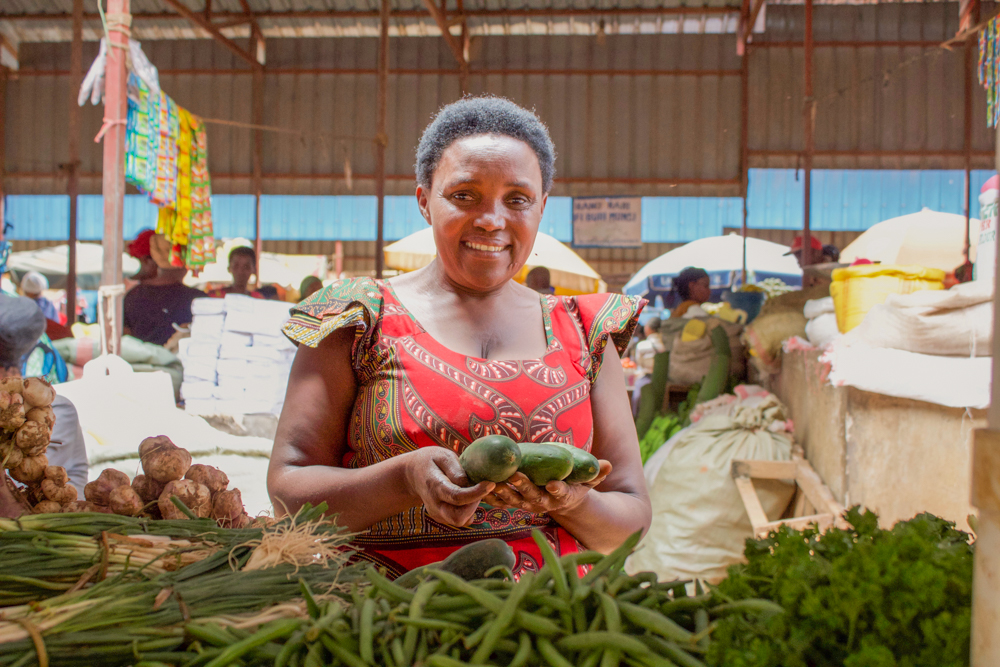They work without contracts or the protection of labor laws. They drive taxis, sell vegetables, clean homes, take odd jobs in construction, collect garbage, and work in food services. Part of the informal sector, they nevertheless provide vital services around the world.
They are day laborers—women and men who depend on daily wages to feed their children that night. Day laborers take jobs as they find them, relentlessly pursuing employment to provide for their families. The BBC News reports that “most do not have access to pensions, sick leave, paid leave or any kind of insurance. Many do not have bank accounts, relying on cash to meet their daily needs.”
Not surprising then, in the wake of COVID-19 and economic shutdown, it is the day laborers who suffer the most. In a crisis, they are the most vulnerable, the most exposed—without safety nets or savings to fall back on.
In India, where at least 70% of the labor market is employed in the informal sector, the government gave citizens just four hours to prepare for the sudden shutdown, stranding millions of people and leaving many families hungry, with no money to stockpile food.
Recently, a savings group member in Malawi shared about impact of COVID-19 on local workers, saying:
The community has been affected so much because most of us depend on small business, and we buy food from what we get on that day.”
Finding themselves abruptly without a source of income, day laborers in low-income countries under lockdown orders are simply going hungry—the possibility of starvation a more immediate threat than the virus itself.
The crisis highlights the critical importance of savings—one of the unsung heroes in the fight against extreme poverty. Savings provide a buffer, allowing families to weather the storms that inevitably come in the form of medical crises, job losses, and even pandemics.

A savings group in Malawi worship during a meeting
In Malawi, for example, where HOPE has worked since 2013, 81% of savings group members report being able to meet a significant emergency need, compared to 37% of the broader Malawian population. Right now, in Haiti, members who cannot operate their normal businesses are making masks to support their families and provide a service to their communities. And in Rwanda, members of one savings group collected food for 16 families in need.
As we come alongside men and women in crisis right now, it’s critical that we not forget the importance of savings. Our move to help now shouldn’t stop with meeting immediate needs but should also consider families’ long-term resilience to future economic shocks. Our mission is that the people we serve discover their God-given skills and talents to tackle the challenges of poverty for themselves. Like Phanny, a savings group member in Malawi, said:
By joining the savings group ministry, I started to realize I was capable of moving out of poverty, [and] I now have a deeper understanding of God’s love.”
For the families and entrepreneurs HOPE serves around the world, the consequences of the COVID-19 economic fallout are still unfolding. Yet we know that when equipped with the simple tools of discipleship, training, savings, and loans, their ability to outlast severe disruptions vastly improves. Through your donation to HOPE, you can help us build up the resilience of the families we serve.
Featured image: Appoline, a savings group member and vegetable seller in Rwanda
















